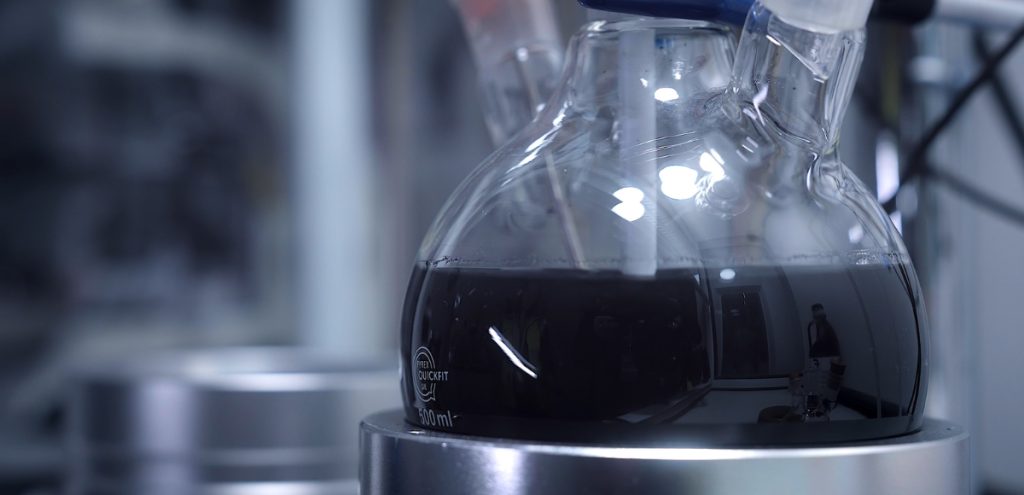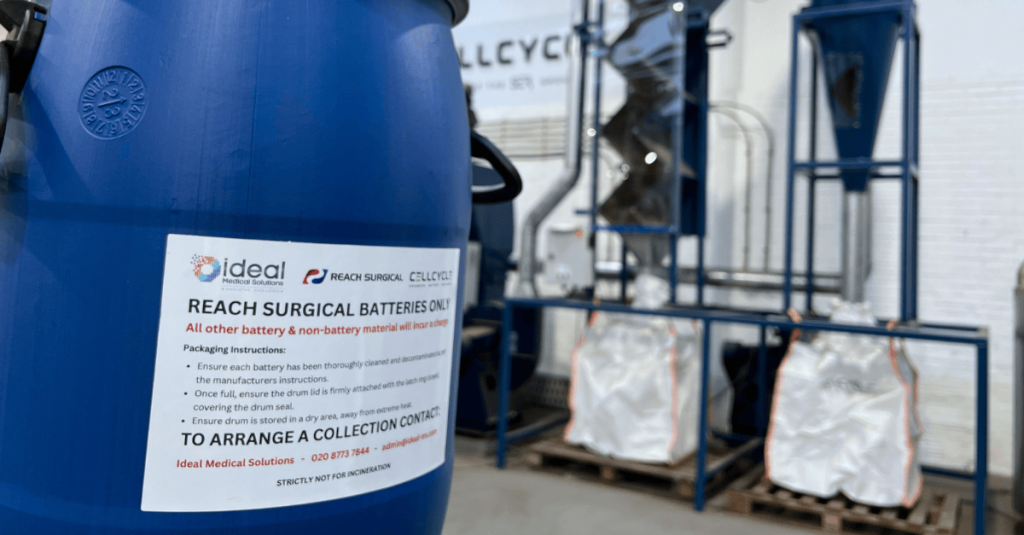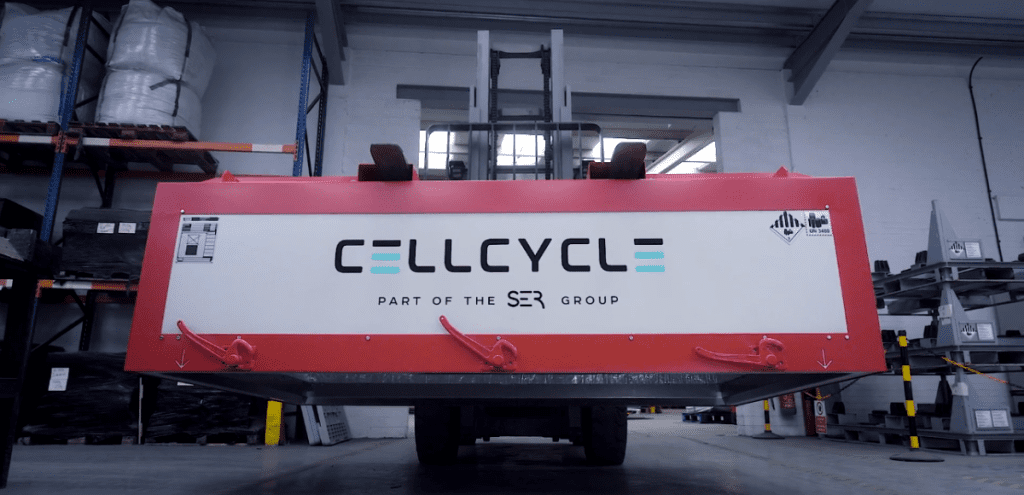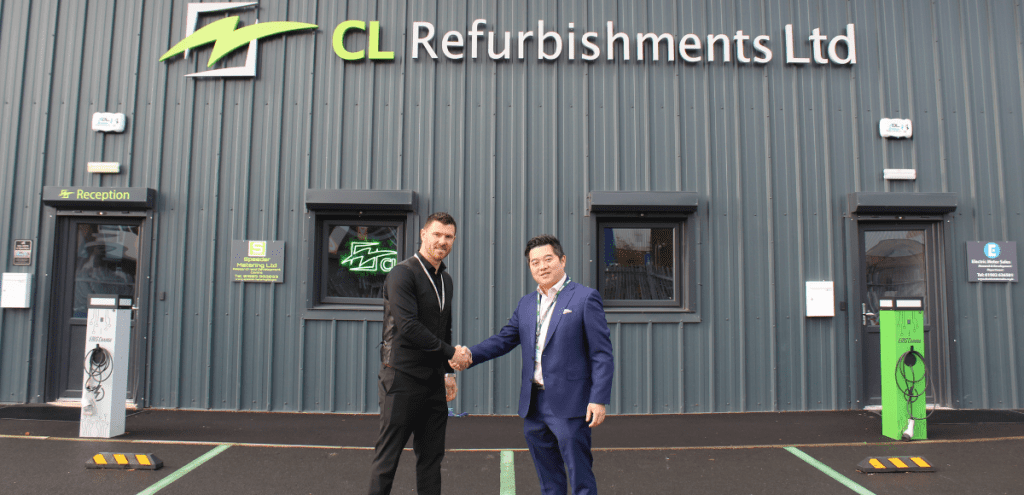As the global shift toward electrification accelerates, the focus on responsible lithium battery disposal has never been more urgent. From electric vehicles to grid-scale storage, lithium-ion batteries are at the heart of the clean energy transition. But when these batteries reach the end of their life, the real challenge begins: recovering the valuable materials inside and returning them to the supply chain.
What Is Lithium Battery Refining?
The final, and most vital, stage of the recycling process is called refining. This is where key raw materials such as lithium, cobalt, manganese, and nickel are extracted and purified. Once recovered, these materials can be reused in the manufacturing of new battery cells.
Refining closes the loop. It transforms waste into usable, valuable resources. Without it, the idea of a circular economy for batteries falls apart.
How Are Batteries Refined Today?
There are two main global methods used to refine lithium batteries:
Pyrometallurgy
This method uses high-temperature smelting to extract metals from battery waste. While effective, it consumes a significant amount of energy and generates high carbon emissions.
Hydrometallurgy
This process dissolves metals using acid-based solutions. It offers better recovery rates than pyrometallurgy, but involves complex chemical handling and produces secondary waste streams.
Both methods come with trade-offs in terms of environmental impact and operational complexity.
The UK’s Refining Gap
Despite global advances in battery recycling, the UK currently lacks a commercial-scale facility for lithium battery refining. As a result, even when batteries are responsibly collected and dismantled, the recovered materials are often shipped overseas for final processing.
This dependency creates several problems:
- It adds unnecessary emissions from international shipping.
- It increases the risk of supply chain disruption.
- It weakens the UK’s ability to control its own critical mineral resources.
Cellcycle’s Vision: A UK-Based Refining Solution
At Cellcycle, we see this gap not just as a challenge, but as a major opportunity. Our aim is to establish one of the first lithium battery refining operations in the UK. This will strengthen national supply chain resilience and reduce the carbon footprint of battery recycling.
But we are not stopping there.
Introducing LithiumCycle™: A New Approach to Refining
We have developed LithiumCycle™, a next-generation refining process that does not rely on smelting or acid leaching. Instead, it uses naturally cultivated bacteria to break down battery waste and extract critical minerals.
Here is why LithiumCycle™ is different:
- Low temperature operation: no smelting required
- No harmful emissions: safe for people and the planet
- High recovery rates: efficient and effective
- Scalable and cost-efficient: ready to support future demand
This bio-based process represents a major leap forward in sustainable battery recycling.
Why Refining Matters Now More Than Ever
The UK is building a battery ecosystem, from automotive gigafactories to grid storage projects. But this system will never be complete without domestic refining capabilities.
Proper disposal is not just about collecting and sorting batteries. It is about recovering the critical resources inside and putting them back to use. That is how we achieve a truly circular economy.
Leading the Way in Clean Recovery
At Cellcycle, we are ready to lead. Through our LithiumCycle™ process, we can turn end-of-life batteries into valuable new materials, right here in the UK.
Together, we can close the loop, cut emissions, and secure the resources we need for a cleaner, more sustainable future.



